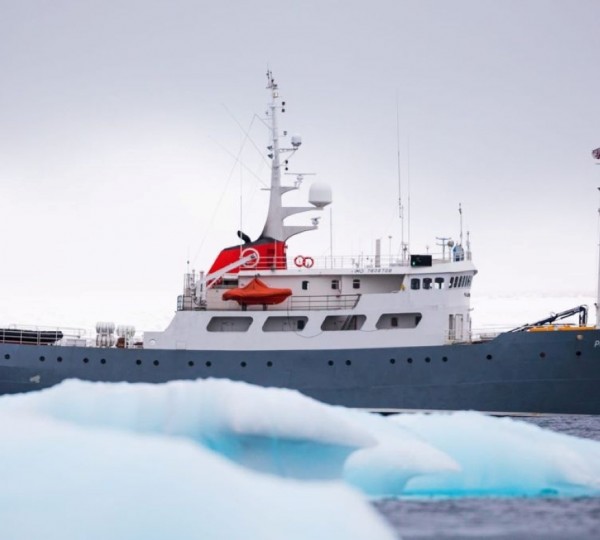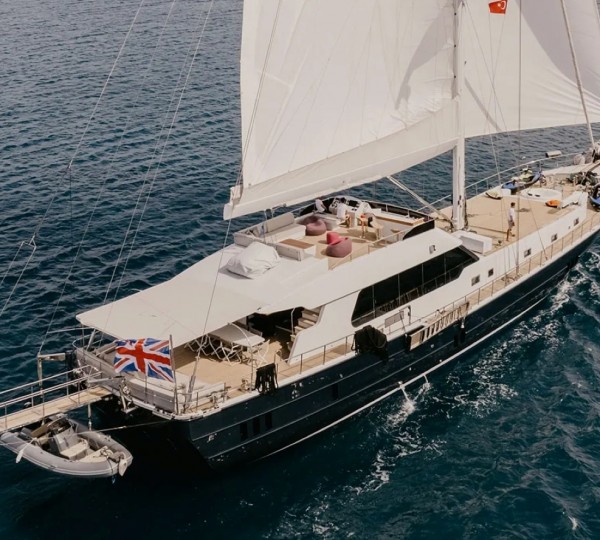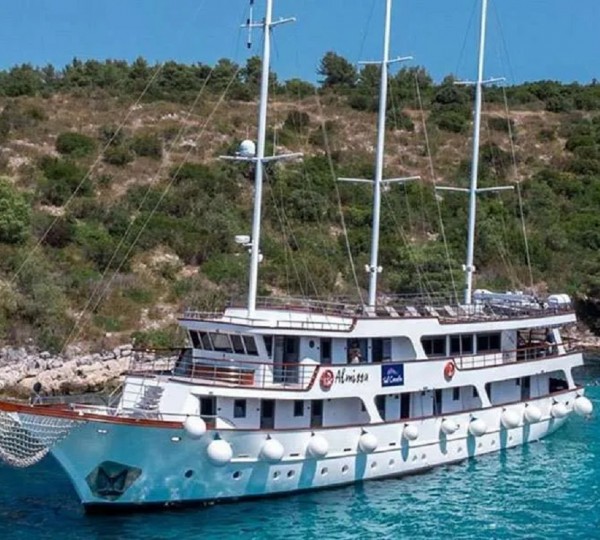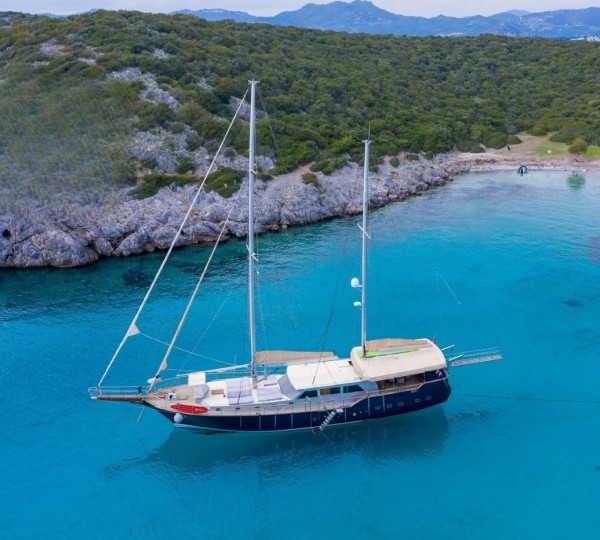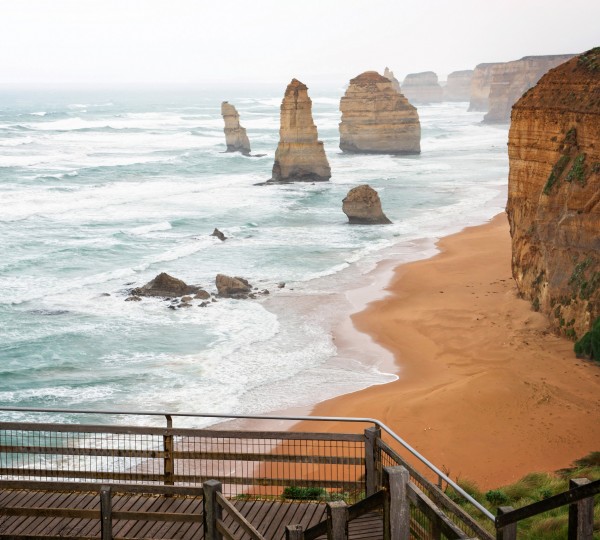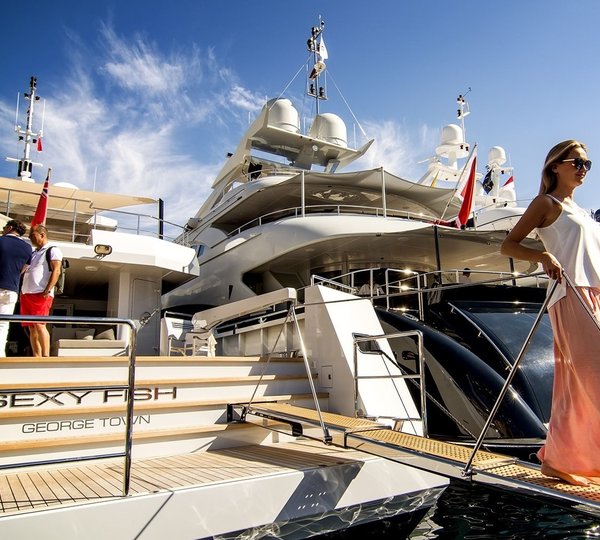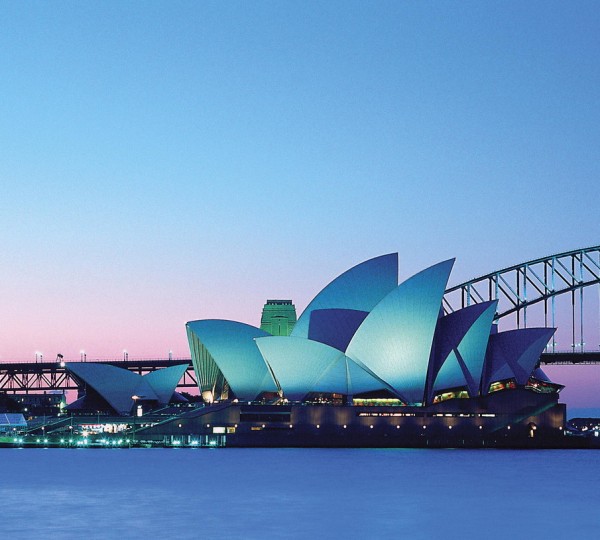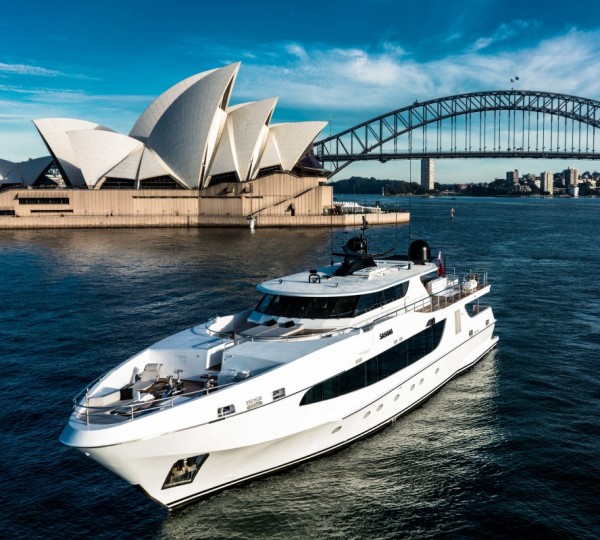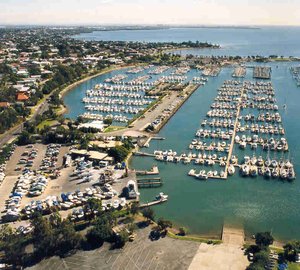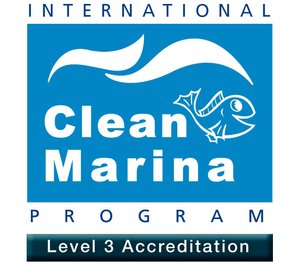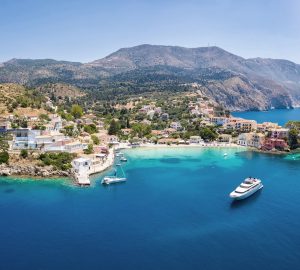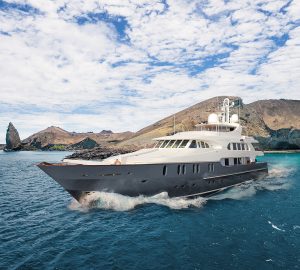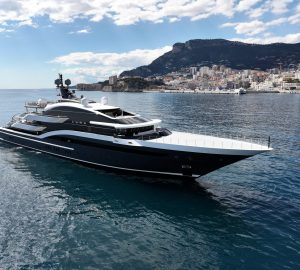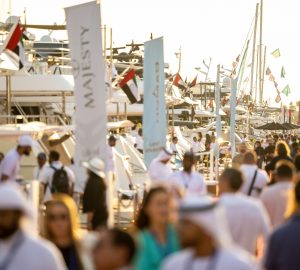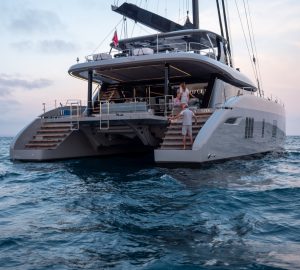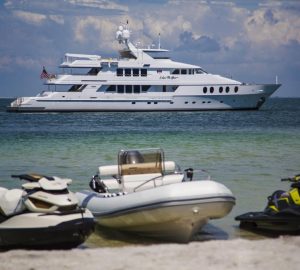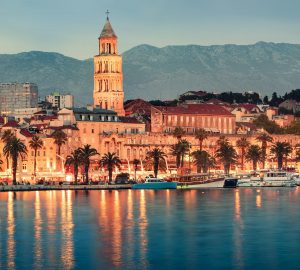Independent research has been recently performed for the Marina Industry Association (MIA). The research has highlighted a wide range of benefits that luxury yacht marinas deliver for local communities. It was conducted by the Michigan State University based Recreation Marine Research Centre and is summarized in a 130 page report, called the ‘2013 Health of the Australian Marina Industry Survey’.
The report provides extensive data on marinas economic, employment, social and environmental impacts based on a 47% sample of Australia’s 347 commercial, club and government operated recreational marinas. During the 2012/13 period the total gross revenues generated by Australian marinas (including tenants revenues but excluding contractors) was $1.4b or $4.1m per marina. Contractors’ economic activity at marinas is also very significant and during the survey period the total number of contractors working at marinas was 7,200. In total 19,200 people had employment at Australian marinas with 96% of marinas projecting same or more employment in 2013/14.
Boat storage is a core function of recreational marinas. Australian marinas provide 69,000 boat storage spaces for an estimated 7% of all Australian boats. It is noteworthy that boat storage is increasingly not the major source of income for all marinas. The report for example indicates that 54% of marinas now provide restaurant/F&B facilities. Furthermore combined with other social and recreational facilities and activities such as community events and ‘Try Sailing Days’, marinas are delivering valuable social and community benefits in addition to their role as economic, employment and boat storage hubs.
The data indicates well managed marinas are also providing environmental leadership in the form of facilities management and environmental education to the estimated 15 million annual visitors to marinas. In 2012/13 marinas spent on average $18,500 on new or improved environmental protection or enhancement of facilities and technologies. 85% of marinas recycle plastics, paper, glass, metal and batteries and 84% of marinas provide boating clients with guidelines and information about environmentally responsible boating behavior.
The independent research indicates Australian marinas are making a valuable contribution to Australian society through their measurable economic, employment, social, recreational and environmental contribution to local communities. MIA President Andrew Chapman said: “it is clear marinas can play an even more significant role in assisting the growth of healthy communities if they are appropriately acknowledged in government plans and policies and provided with appropriate investment and community support”.
The ‘2013 Health of the Australian Marina Industry Survey’ is available for purchase on-line on the MIA web site.


